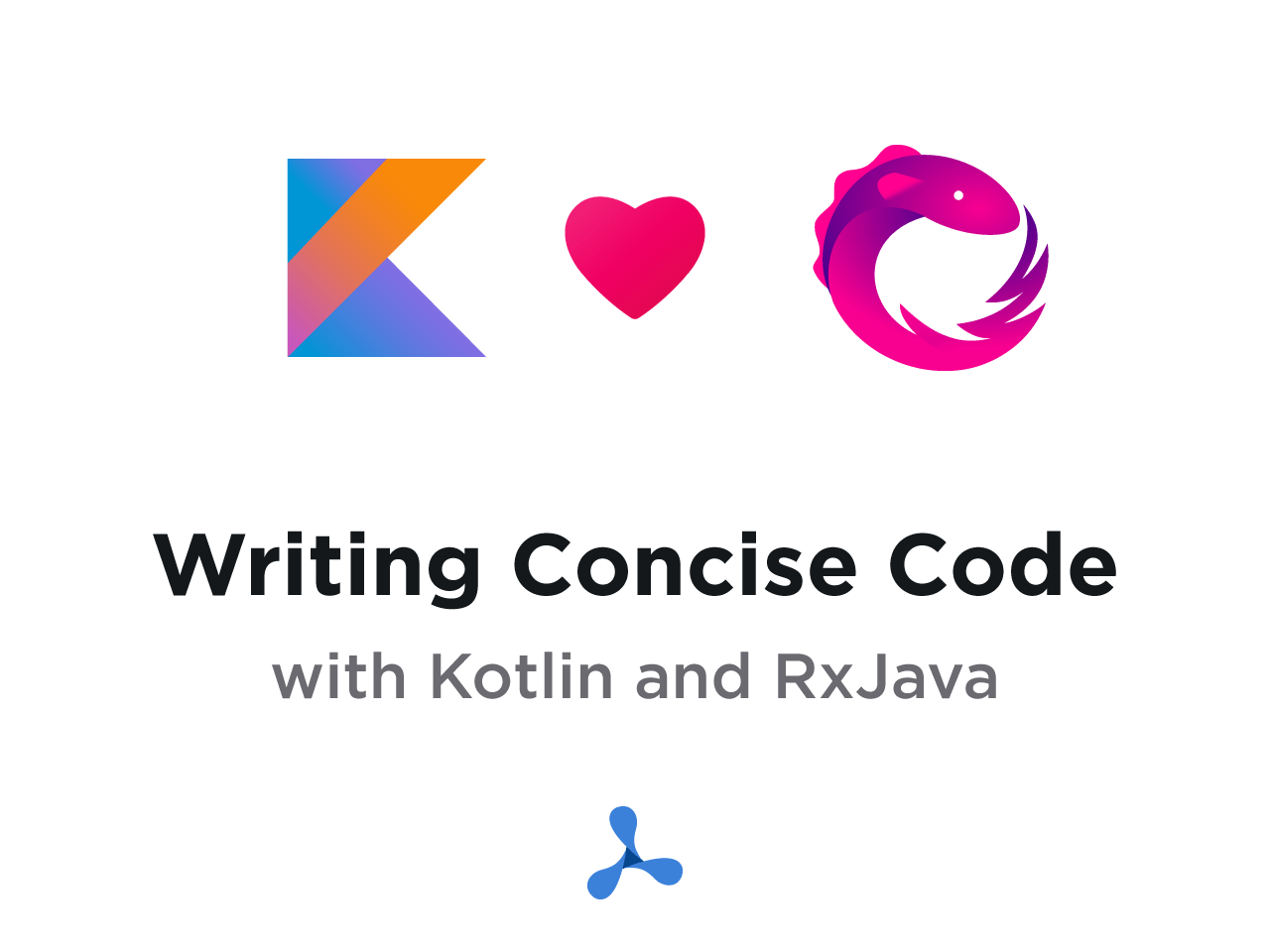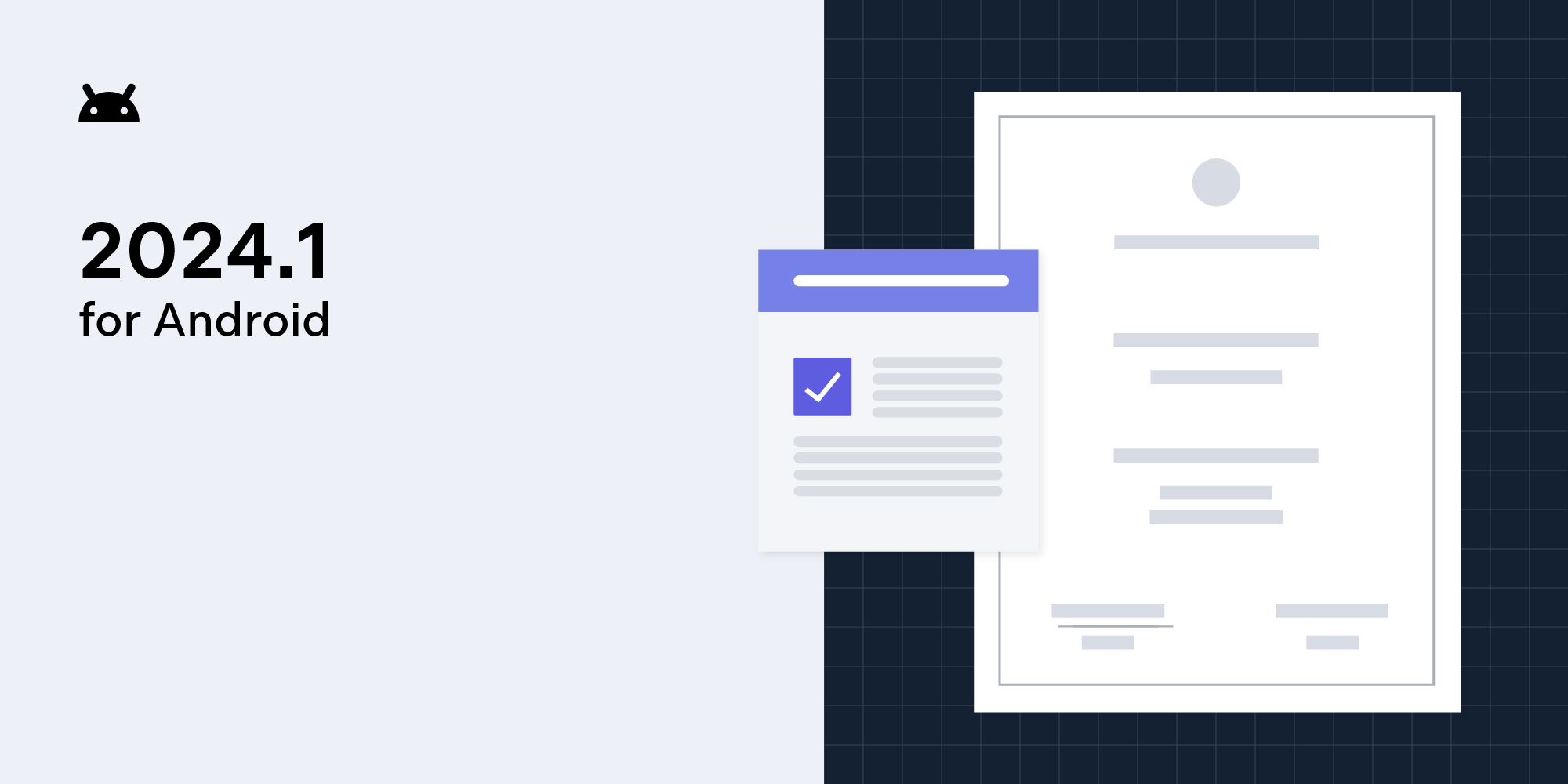Writing Concise Code with Kotlin and RxJava

One of the reasons I love Kotlin is its expressiveness compared to Java. In Kotlin, you can implement much more logic with fewer characters, making Java look something like a “boilerplate language.” It is particularly visible when dealing with RxJava which makes heavy use of single-method interfaces, which, in Java 7, are implemented using anonymous classes. (And conciseness isn’t exactly the strength of those classes.)
Lambda expressions, supportive type inference, optional function arguments, omitted semicolons – Kotlin gets rid of code verbosity
To show the power of Kotlin, we start off with a small Java example: A fictitious GitHub client for accessing the data of a Git repository.
A Simple GitHub API
The tools and techniques presented in this article can be applied to any application using RxJava and Kotlin. Since I assume you know GitHub, this example uses a small API for accessing repositories on GitHub and implements the logic for retrieving the top contributor of a repository (that’s the user with the most commits pushed to the repo).
Our GitHubApi example is quite straightforward:
public interface GitHubApi { /** Fetches a repository using its name (e.g. PSPDFKit-labs/QuickDemo). */ Single<Repository> getRepository(String repositoryName); } public interface Repository { /** Returns the name of the GitHub repository. */ String getName(); /** Fetches a list of all GitHub users that contributed to this repository. */ Single<List<Contributor>> getContributors(); } public interface Contributor { /** Returns the username of the contributor. */ String getLoginName(); /** Returns the total number of commits pushed to this repository. */ int getNumberOfCommits(); }
GitHubApi has a single method getRepository(String repositoryName) which performs an asynchronous operation and returns its result via a RxJava Single.
Singleis an asynchronously retrieved one-shot value. This stands in contrast to theObservableandFlowablewhich represent streams of data. While it would be possible to build the same API using streams, aSinglemakes our code much simpler and easier to use.
The Verbosity of Java
Here’s how our Java application can retrieve the top contributor for a single repository. Pull yourself together! If you can’t read this, just skip to the next section and see how it reads in Kotlin.
public void printTopContributor(GitHubApi gitHubApi, final String repoName) { // 1. Fetch the repository. gitHubApi.getRepository(repoName) // 2. Fetch a list of all contributors. .flatMap(new Function<Repository, SingleSource<? extends List<Contributor>>>() { @Override public SingleSource<? extends List<Contributor>> apply(Repository repository) throws Exception { return repository.getContributors(); } }) // 3. Convert the list to an Observable emitting contributors on after another. .flatMapObservable(new Function<List<Contributor>, ObservableSource<? extends Contributor>>() { @Override public ObservableSource<? extends Contributor> apply(List<Contributor> contributors) throws Exception { return Observable.fromIterable(contributors); } }) // 4. Sort emitted values. .sorted(new Comparator<Contributor>() { @Override public int compare(Contributor o1, Contributor o2) { return o2.getNumberOfCommits() - o1.getNumberOfCommits(); } }) // 5. Take the first contributor and convert the result to a Single. .firstOrError() // 6. Print the top contributor's name. .subscribe(new Consumer<Contributor>() { @Override public void accept(Contributor contributor) throws Exception { print(contributor.getLoginName()); } }, new Consumer<Throwable>() { @Override public void accept(Throwable throwable) throws Exception { logError(throwable, "Error while trying to find the top contributor."); } }); }

Okay… it’s not that bad. But also not easy to read. Let’s look at how this method looks like after we translate it to Kotlin.
The Simplicity of Kotlin
fun printTopContributor(gitHubApi: GitHubApi, repoName: String) { gitHubApi.getRepository(repoName) .flatMap { repository -> repository.contributors } .flatMapObservable { contributors -> Observable.fromIterable(contributors) } .sorted { o1, o2 -> o2.numberOfCommits - o1.numberOfCommits } .firstOrError() .subscribe( { contributor -> print(contributor.loginName) }, { throwable -> logError(throwable, "Error while trying to find the top contributor.") } ) }
This Kotlin code uses the same GitHubApi its Java cousin used, however, the code that is required to use the API is reduced to a bare minimum. While the benefit of Kotlin should already be clearly visible, let’s further enhance this using Kotlin’s extension functions.
Getting Rid of Repetitive RxJava Ceremonies
There are a bunch of common code patterns that developers need to use when working with RxJava. These patterns include:
-
Converting a
Listresult to an observable stream usingflatMap()andfromIterable(). -
Converting
Singleinstances toObservableinstances and vice versa. -
Continuing an asynchronous call chain, by triggering another asynchronous operation on the result of a previous one (usually also using
flatMap()).
These operations are repetitive, and their only purpose is to tame the asynchronous nature of RxJava. Using Kotlin’s extension functions it is possible to extract these common patterns.
In our Kotlin example on line 3, we use the flatMap() operator to transform the Single<Repository> into a Single<List<Contributor>> by calling repository.getContributors() on the result. Furthermore, in lines 4 and 5 we transform the Single<List<Contributor>> into an Observable<Contributor> and sort all emitted contributor objects by comparing their commit count. Using extension functions, we can entirely extract the present RxJava boilerplate logic from our function, making the code even more expressive.
/** Get the contributors of the repository. */ fun Single<out Repository>.getContributors(): Single<out List<Contributor>> = flatMap { repository -> repository.contributors } /** Sort the contributors and return them as an observable. */ fun Single<out List<Contributor>>.sortByNumberOfCommits(): Observable<out Contributor> = flatMapObservable { contributors -> Observable.fromIterable(contributors) } .sorted { o1, o2 -> o2.numberOfCommits - o1.numberOfCommits }
The resulting printTopContributor() method just became a bit more readable.
private fun printTopContributor(gitHubApi: GitHubApi, repoName: String) { gitHubApi.getRepository(repoName) .getContributors() .sortByNumberOfCommits() .firstOrError() .subscribe( { contributor -> print(contributor.loginName) }, { throwable -> logError(throwable, "Error while trying to find the top contributor.") } ) }
RxJava and Kotlin are definitely a perfect match when it comes to combining the power of reactive programming and the expressiveness of modern languages. The techniques shown in this article should serve as a nudge into the right direction for any developers striving to make their code more readable and, thus, more robust.
At PSPDFKit, we know the importance of keeping code readable, and thus make active use of these techniques. (For example in our PDF Viewer for Android which is written entirely in Kotlin.)
Keep coding! David




